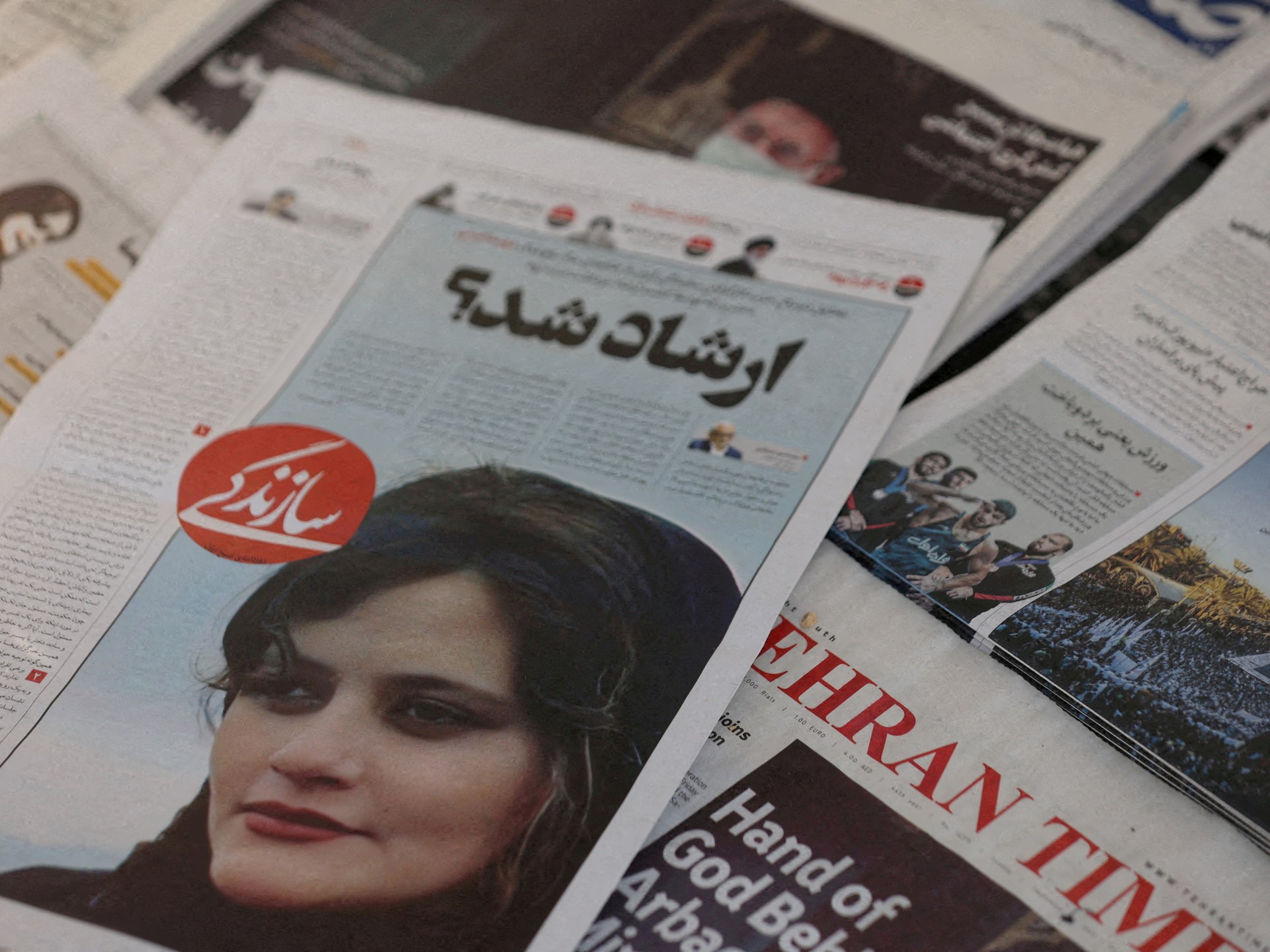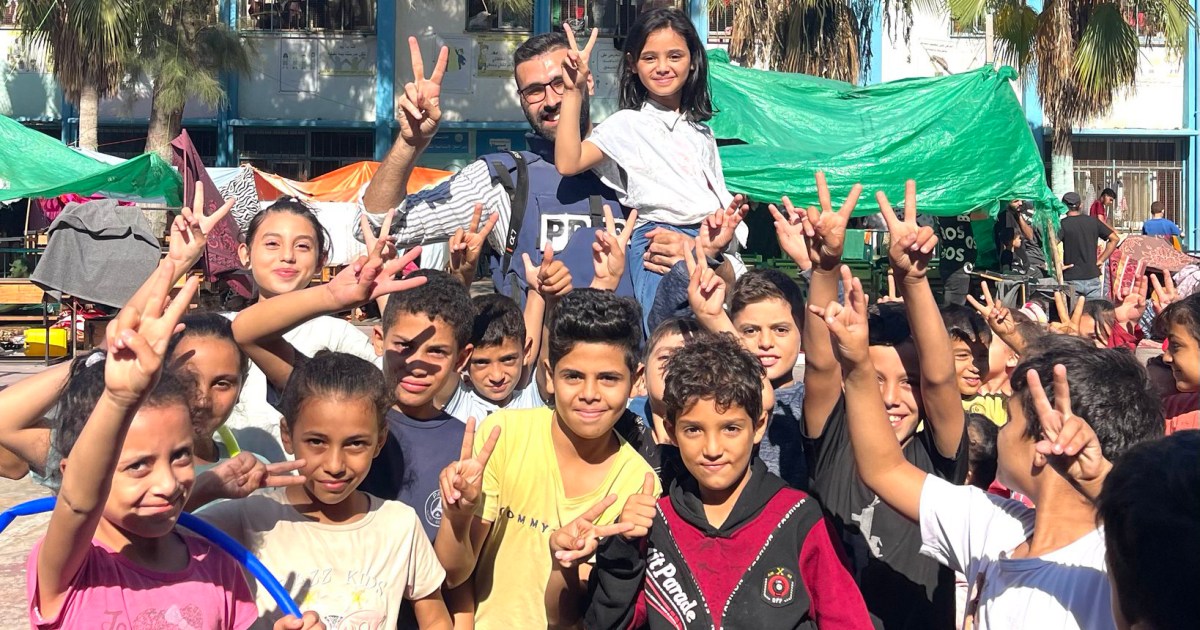US slaps sanctions on Iranian media members
The US has called Iranian state-run media a ‘critical tool’ of repression amid widespread protests.
The United States has sanctioned six senior members of Iranian state-run media, accusing them of broadcasting forced confessions to undermine the protests roiling Iran.
In a statement on Wednesday, the US Treasury Department said Islamic Republic of Iran Broadcasting (IRIB) recently produced and broadcast “interviews of individuals being forced to confess that their relatives were not killed by Iranian authorities” during the demonstrations.
Two of the sanctioned individuals, Ali Rezvani and Ameneh Sadat Zabihpour, were identified as “interrogator-journalists”, accused of collaborating with Iranian intelligence agencies to extract forced confessions.
“IRIB acts not as an objective media outlet but rather as a key tool in the Iranian government’s mass suppression and censorship campaign against its own people,” US Secretary of State Antony Blinken said in a separate statement.
“We will continue to hold Iranian officials and government institutions to account for their human rights violations.”
The sanctions freeze any US assets held by the six individuals and generally bar Americans from engaging in transactions or property dealings with them. The Treasury Department previously sanctioned IRIB in 2013 for its complicity in the spread of propaganda.
The sanctions are the latest effort by the US to ramp up pressure on the Iranian government, citing years of harassment against activists, academics and their families. In its statement, Treasury linked the forced confessions to torture, threats and other “degrading treatment”.
The announcement comes as the Iranian government contends with widespread protests, stemming from the death in mid-September of Mahsa Amini. The 22-year-old was arrested by Iran’s so-called “morality police” in Tehran for violating the country’s conservative dress code.
Iran has denied Amini was beaten in custody and responded to the protests with a harsh crackdown.
Iranian authorities have not released official statistics on the number of protesters arrested or killed but rights advocates say hundreds have died in the ongoing unrest.
An Iranian court issued the first death penalty sentence for protest-related activities late on Sunday, as well as five prison sentences for what the government called “rioters”.
The Iranian parliament has also called on the courts to “deal decisively” with protesters, evoking concern from human rights groups who see the step as a sign of the government’s escalating repression. False claims recently spread that the parliament had approved mass executions.
Iran’s mission to the United Nations has yet to comment on the new sanctions.
However, the Iranian government has previously pushed back against criticism of its human rights record and accused the US of seeking to destabilise the country.
Earlier this week, the European Union and United Kingdom announced new sanctions against four members of the squad that arrested Amini, as well as high-ranking members of the Revolutionary Guard Corps and Iran’s Interior Minister Ahmad Vahidi.




